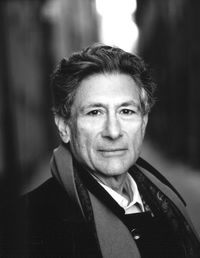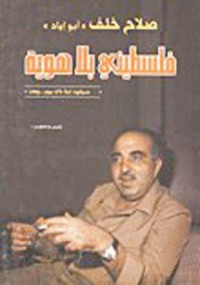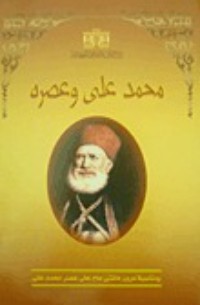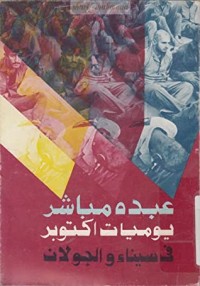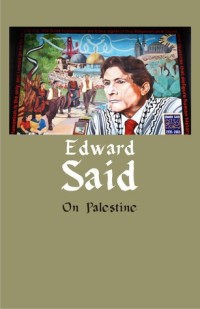
Edward Said on Palestine by Edward W. Said..On Palestine contains two of Edward Said’s essays, both highly critical of the situation of the Palestinians — under Israeli occupation, and a hapless leadership. The details of the suppression are not central to these essays — these are already well-known. The problem is the interpretation. That is why these essays remain as fresh today as when they were first written. The book also contains Raja Shehadeh’s Edward Said Memorial Lecture, 2014, and an Introduction by Vijay Prashad.
Edward Said on Palestine by Edward W. Said..On Palestine contains two of Edward Said’s essays, both highly critical of the situation of the Palestinians — under Israeli occupation, and a hapless leadership. The details of the suppression are not central to these essays — these are already well-known. The problem is the interpretation. That is why these essays remain as fresh today as when they were first written. The book also contains Raja Shehadeh’s Edward Said Memorial Lecture, 2014, and an Introduction by Vijay Prashad.



